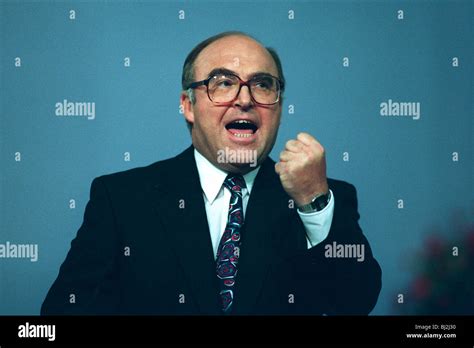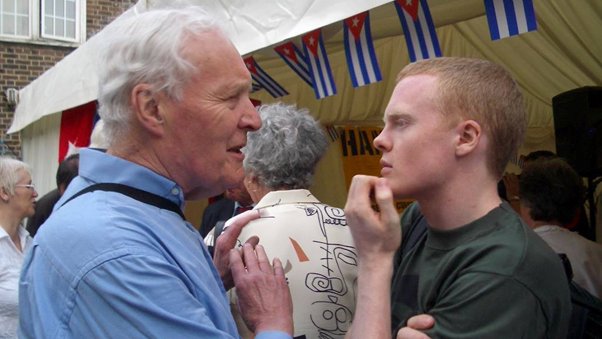Five years ago today, Theresa May announced she was making a statement in Downing Street ...
... despite repeated assurances that "I'm not going to be calling a snap election", she called a snap election 🧵
... despite repeated assurances that "I'm not going to be calling a snap election", she called a snap election 🧵

The subject of the statement was not announced, speculation swirled: Had a Royal died? Was she resigning? Was she calling a snap election?
May wanted a bigger majority to deliver Brexit, and said the election was about two issues: Brexit & leadership
The press was enthused

May wanted a bigger majority to deliver Brexit, and said the election was about two issues: Brexit & leadership
The press was enthused


The pollsters at the time confirmed the confidence of the Tory press:
ComRes put the Conservatives on 50% and Labour on 25%.
YouGov had the Tories on 49% and Labour on 24%
ComRes put the Conservatives on 50% and Labour on 25%.
YouGov had the Tories on 49% and Labour on 24%

Despite the polls, there was confidence in Corbyn's team that the ground could shift and Labour could make gains
A positive strategy was put together: to register voters, to engage non-voters & mobilise members to campaign in Tory seats
Such optimism was not shared in Labour HQ
A positive strategy was put together: to register voters, to engage non-voters & mobilise members to campaign in Tory seats
Such optimism was not shared in Labour HQ
Labour HQ's proposed strategy was to write-off marginal Labour-held seats, fund Labour seats with majorities of 5000+, with no offensive targets
Despite this approach being rejected, we now know from #Labourleaks report that a secret operation was established to channel funds
Despite this approach being rejected, we now know from #Labourleaks report that a secret operation was established to channel funds
It's also worth recalling that Theresa May's personal polling was extremely strong at the outset of the campaign ... hence why her strategists opted for "strong and stable" as the slogan, and personalised their campaign around her ... 

Within days, the 'For the Many, Not the Few' slogan had encapsulated Labour's framing of the election
The slogan - an adaptation of Shelley's "Ye are many, they are few" - summed up the core tenets of Corbynism: for public ownership, redistributive taxation and anti-austerity
The slogan - an adaptation of Shelley's "Ye are many, they are few" - summed up the core tenets of Corbynism: for public ownership, redistributive taxation and anti-austerity

With internal division suppressing Labour's output for much of the previous 2 years, this was the first time since the summer of 2015 that the policy platform - on which Jeremy Corbyn had been overwhelmingly elected as Labour leader - had got a decent airing. It proved popular…
Labour changed the terms of the debate in #GE2017
As Kavanagh & Cowley write in their review of the election, "separating out the impact of Corbyn (as party leader) and the party manifesto (which only existed in that form because of Corbyn's leadership) is close to impossible"
As Kavanagh & Cowley write in their review of the election, "separating out the impact of Corbyn (as party leader) and the party manifesto (which only existed in that form because of Corbyn's leadership) is close to impossible"

In the 2017 election, the Labour vote increased by more between elections than at any time since 1945 - up 9.6 percentage points and 3.5m votes.
It also marked the first time since 1997 that Labour had gained seats in a general election.
🧵ends
It also marked the first time since 1997 that Labour had gained seats in a general election.
🧵ends
• • •
Missing some Tweet in this thread? You can try to
force a refresh















